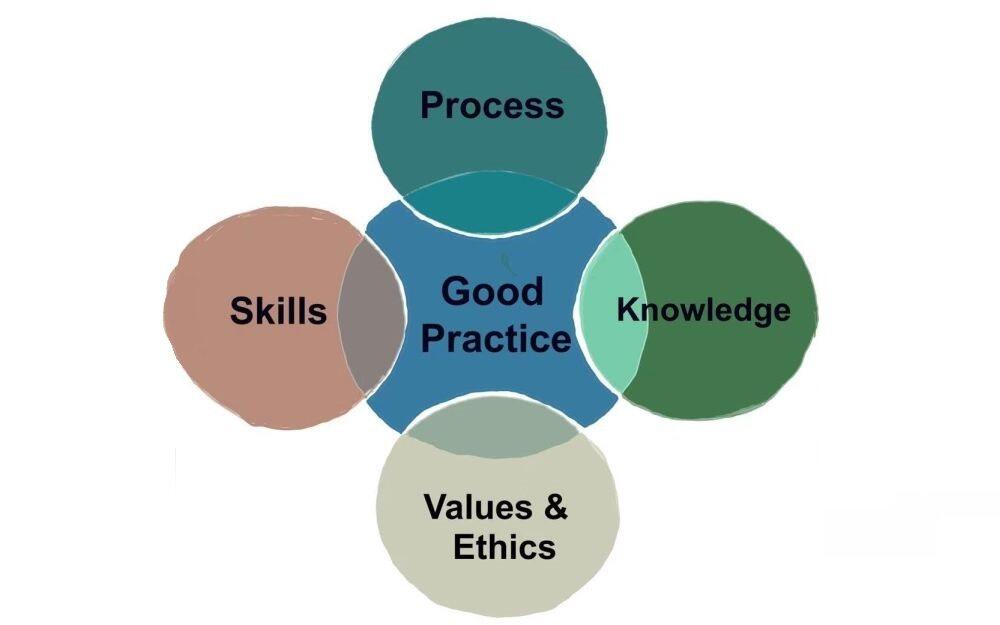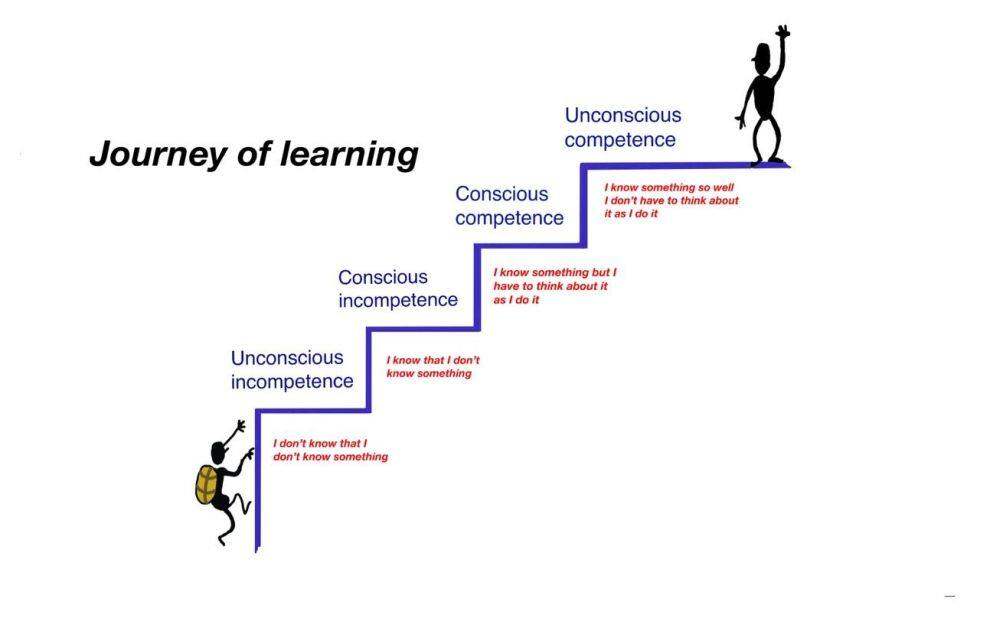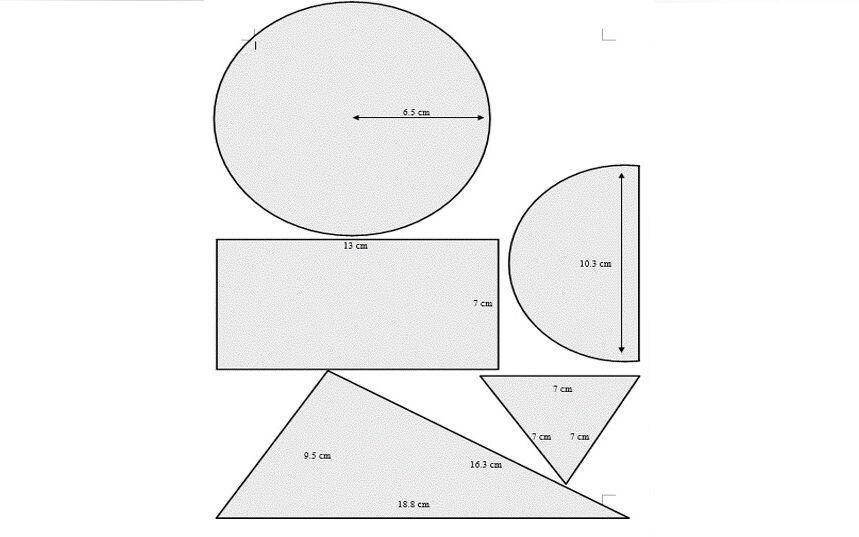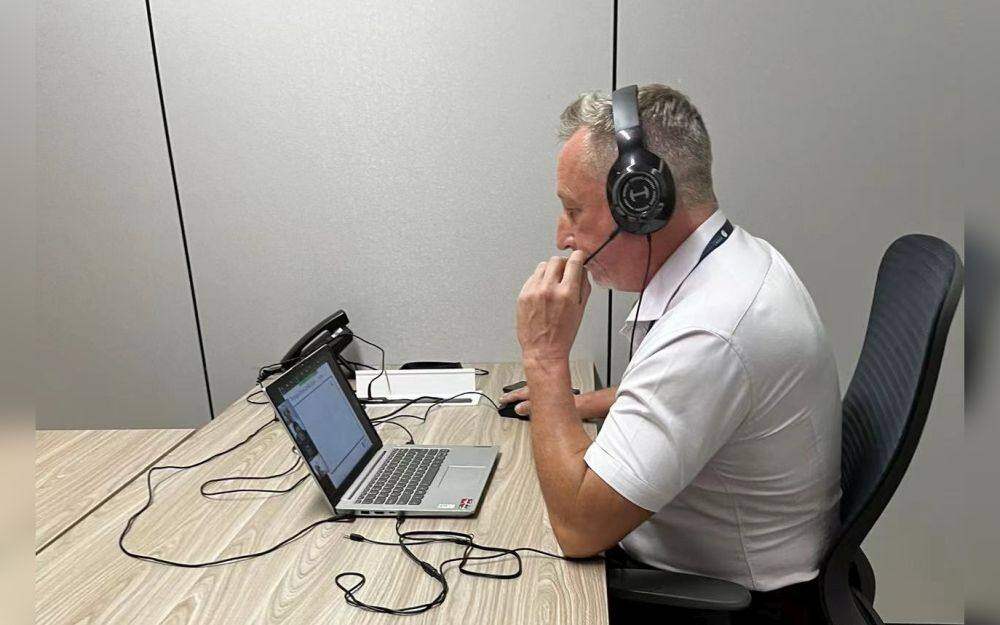From 25th – 30th August, 2022, the Academic Quality Management (AQM) team for Dipont High School Programmes (HSP) delivered an online teacher conference.
Over 50 workshops and sharing sessions were hosted over 4 days, attended by over 600 teachers representing Dipont partner schools from right across China, from Changchun to Shenzhen, and from Shanghai to Chengdu.

Photo by lucas law on Unsplash
Here are some of the highlights of what was a tremendous showcase of talent, expertise, collaboration and community.
Science Coffee Corner
Hosted by Mia Dela Cruz (Chemistry / Biology AQM), Althea White (Physics AQM) and Faye Cai (Chemistry AQM), the Science Coffee corner was a chance for new and returning science teachers from right across the Dipont High School Programmes to touch base before the new academic year commences.

Examples of past Science Poster Competitions proudly adorn the walls at Dipont Education HQ.
Highlights included an invitation for teachers to apply for positions on the Science Subject Panel. This cross discipline initiative enables teachers to take a lead in delivering workshops during conferences. It also provides an opportunity to give input and share experiences on curriculum changes. Finally, subject panel are able to create and participate in nation-wide projects such as the science poster competition and the hugely popular Science Olympics.
Ideas for Delivering a Successful Lesson
Mark Quayle (Humanities AQM) and one of the most experienced members of the HSP team, delivered a guided sharing session on the features of a successful lesson. The importance of signaling highly differentiated objectives at the start of a class, and of deploying activities that are clearly linked to these goals, was discussed, as were strategies to ensure and assess total participation among students.

Good classroom practice has many facets that come together in lasting and powerful learning expereinces for students.
These and more facets of lesson delivery were modeled with what was a large and engaged group of attendees from across several disciplines. The chat box thrummed with insights and discussion, including a memorable quote from a teacher known only as iPad (6), who remarked that “Students can sniff out busy work like a pack of snarling jackals”. There be dragons!
Effective Technology in the Mathematics Classroom
Two new members of the AQM team, Bogdan Muraru and Greg Marthews, introduced a slew of handy APPs and programs to assist teachers with delivering Maths lessons and preparing exams papers.

New AQM Greg Marthews explaining how he uses LaTex, the software system and not the rubber clothing material, to prepare exam papers.
A couple of good examples were an APP called Plickers and the docx2latex.com website. Plickers provides a mechanism for instantaneous evaluation of multiple choice questions. This enables teachers to scan responses to a multiple choice question. After doing this, teachers can ascertain immediately if there is a need to clarify a learning point. docx2latex.com is a website for converting Word and Google.doc files to LaTeX format, a convenient platform for preparing math exam papers.
Cognitive Load Theory
Common sense met neuro-science in what was a fascinating and accessible introduction to this widely applicable model of learning. Greg peppered his presentation with quotes from leading theorists as well as providing practical examples to a rapt audience of over 60 attendees.

The journey from unconscious incompetence to unconscious competence describes the parallel journey of new information from working to long term memory.
Highlights included an explanation about the dangers of over-stuffed PPTs when introducing content PPTs. They can be a useful mechanism to deliver a lot of information to students. However, too much information at once can overload the working memory. This leads to anxiety, and inability to convert this information to long term memory.
Games in Teaching Economics
Mark Avery, Deputy Director of the AQM team, presented a series of games that can be used when teaching economics. These activities encourage participation, develop communication and critical thinking skills, and create a context for practical discovery of abstract concepts.

How to make specific paper shapes with loads of paper but no technology, and vice versa, is the core challenge of the International;Trade game.
A fascinating example was the International Trade game. Groups of students are allocated “technology” (pencils, rulers, scissors) and “raw materials” (sheets of paper) in differing combinations and amounts. These represent wealthy, middle income, and poor countries. The task is to construct paper shapes with specific design parameters. The goal is to sell these to each other at a price that is decided by the teacher. Via this task, students learn about wealth inequality at a global scale. They also learn about collusion, cartels and coalition forming, all while making some money out of shapes.
Fundamentals of Conflict in the Workplace
One of the final workshops addressed the different forms of conflict that can occur in a workplace. These can be functional or dysfunctional, and their are a range of strategies that can be adopted to address them.

Mark Quayle, AQM, seen here peacefully hosting a conflict workshop.
Delivered by Mark Quayle a key takeaway was the need for flexibility. That is, when reading a situation, one should always adjust one’s approach accordingly. It is important to take a step back from any emotional responses when experiencing conflict. Also of note was the possibility of “positive conflict”. This occurs when an initial difference of ideas creates the opportunity for a fresh, constructive, outcome for a workplace challenge.
As Mark Quayle noted, the driving purpose of the HSP team is “to make people, not break people”. The genuine enthusiasm on display throughout the four days of the conference was a testament to this ideal. The community remains strong, energized and ready for a new academic year.

